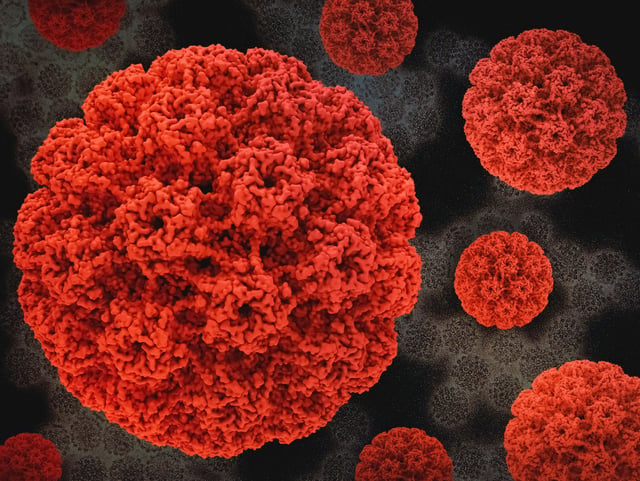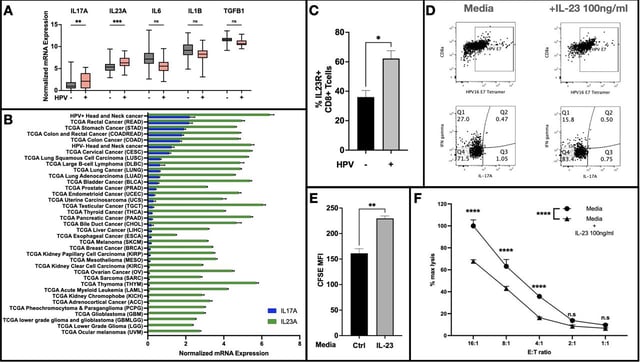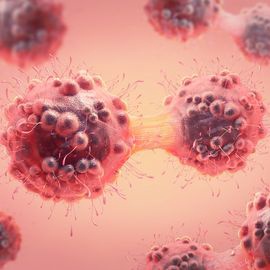Overview
- Researchers mapped a mechanism in which HPV16 E6 and E7 induce KLF2-driven IL-23 production in tumor-associated macrophages that suppresses T-cell proliferation and function.
- In mouse models of HPV16 cancer, IL-23–blocking antibodies increased tumor-infiltrating, tumor-recognizing T cells and amplified the effects of an experimental therapeutic vaccine.
- The combination of IL-23 neutralization with vaccination produced stronger anti-tumor responses and longer survival than either intervention alone in preclinical tests.
- Several IL-23 inhibitors already authorized for inflammatory diseases could be candidates for repurposing, but efficacy in HPV-driven cancers must be validated in human trials.
- The peer-reviewed work from the Keck School of Medicine of USC, published in the Journal for ImmunoTherapy of Cancer, also flags potential relevance to other IL-23–high tumors.


